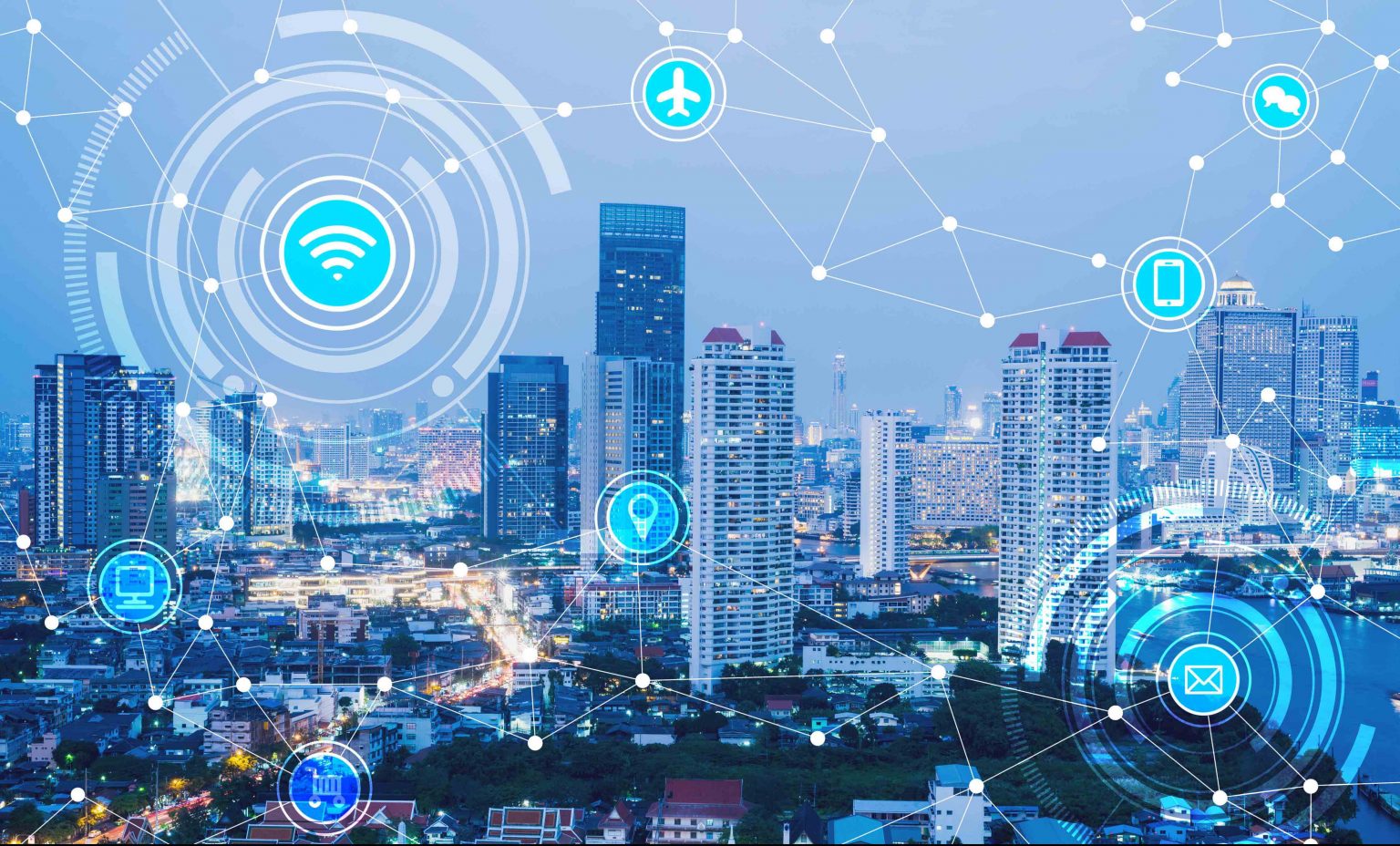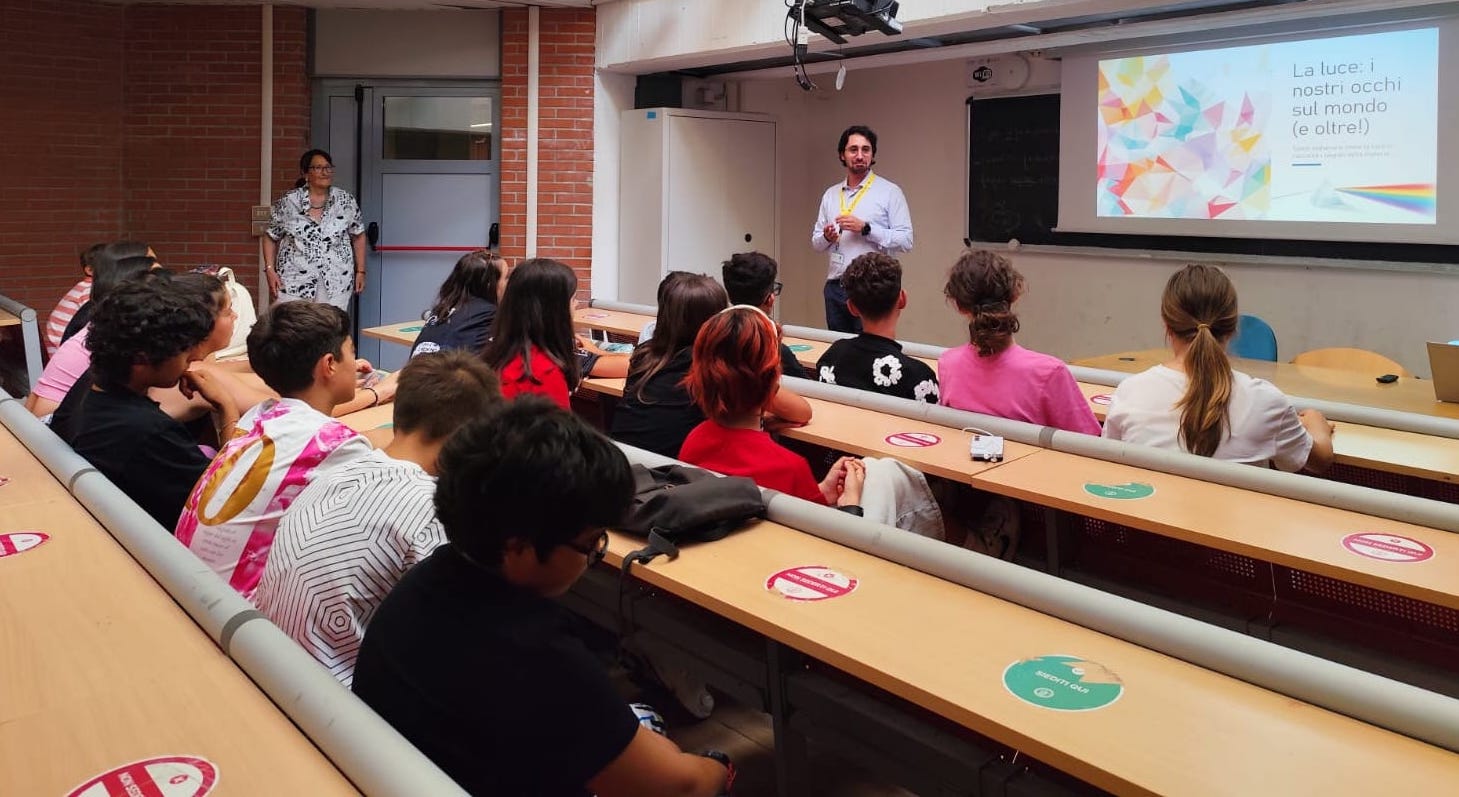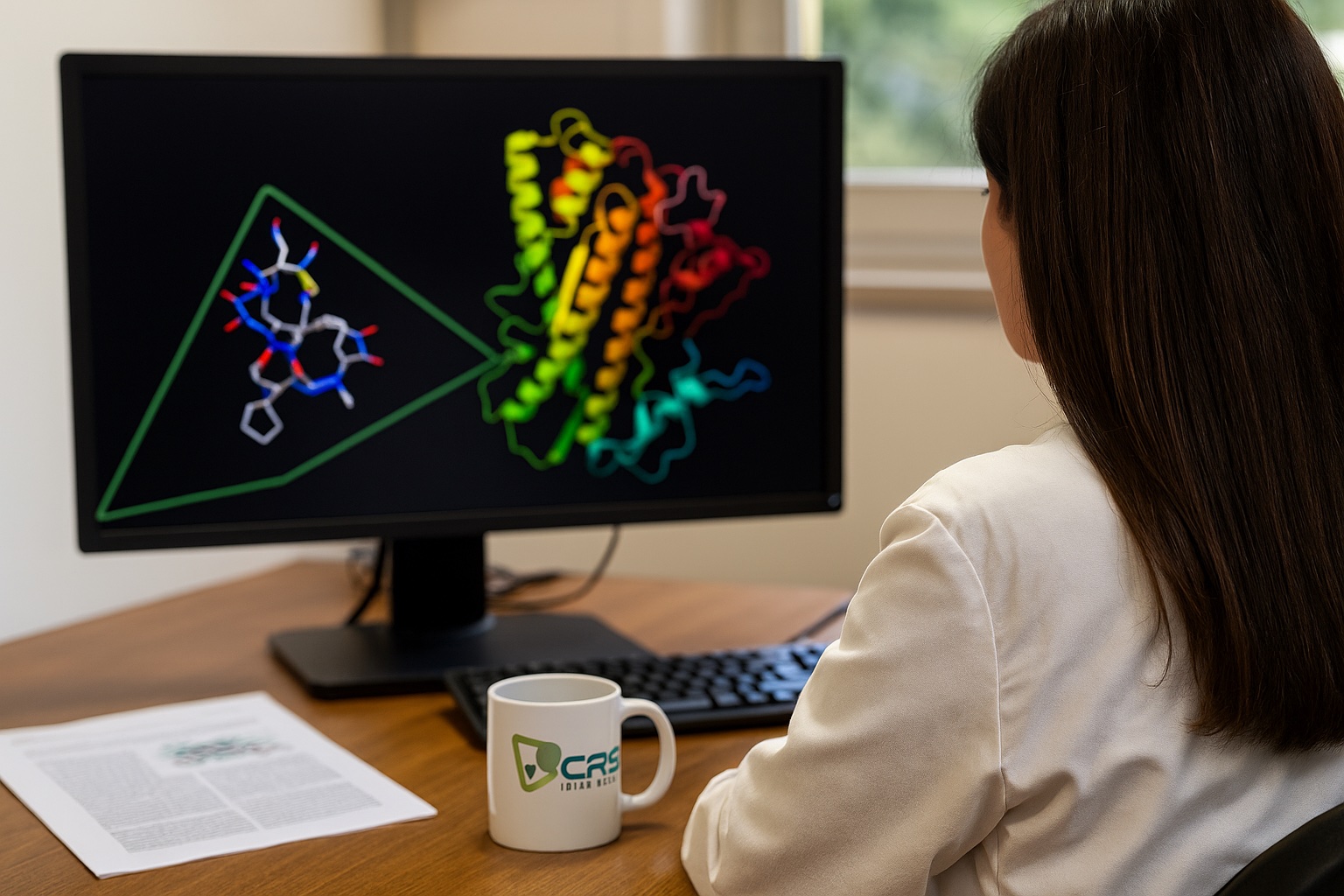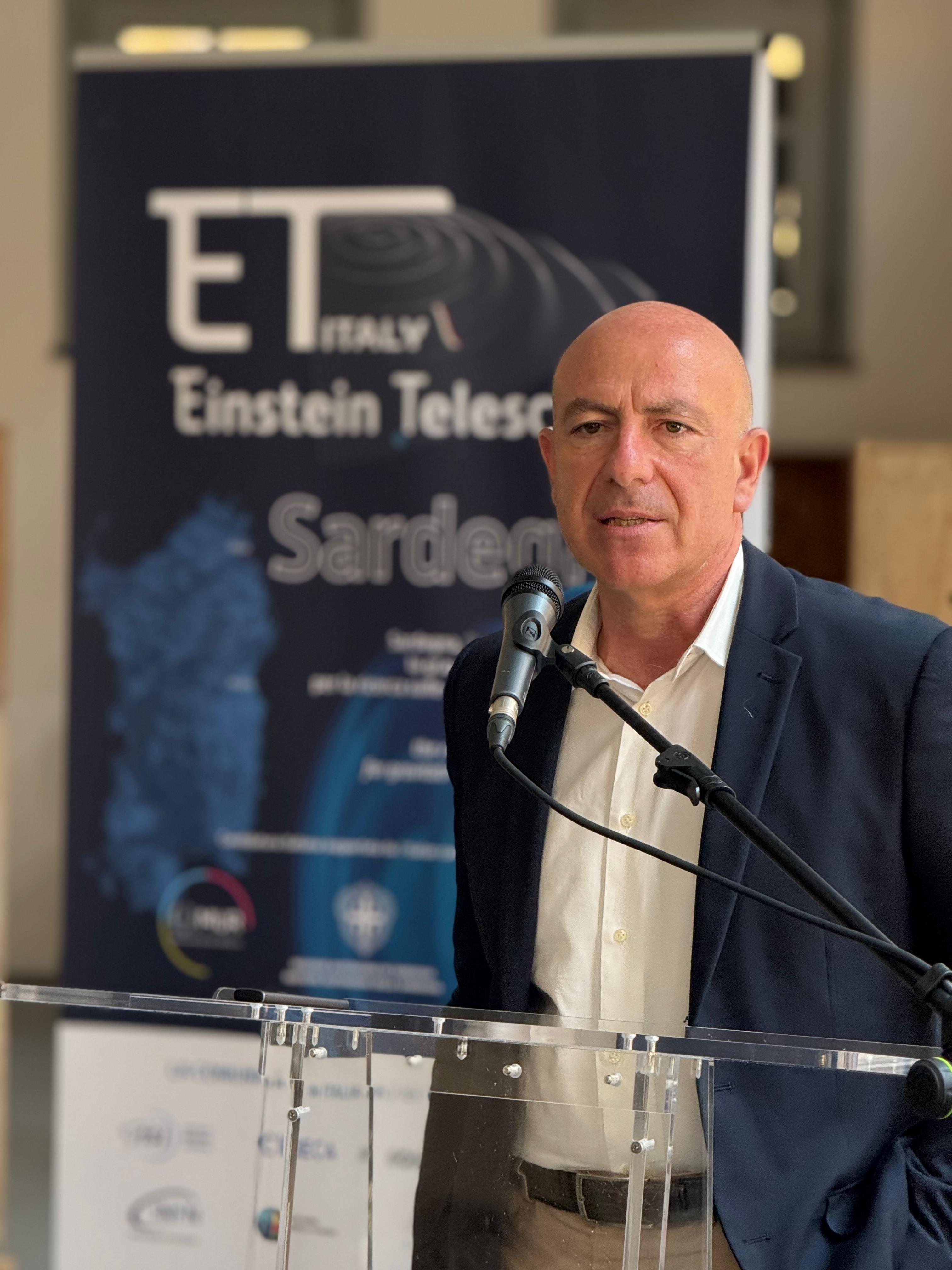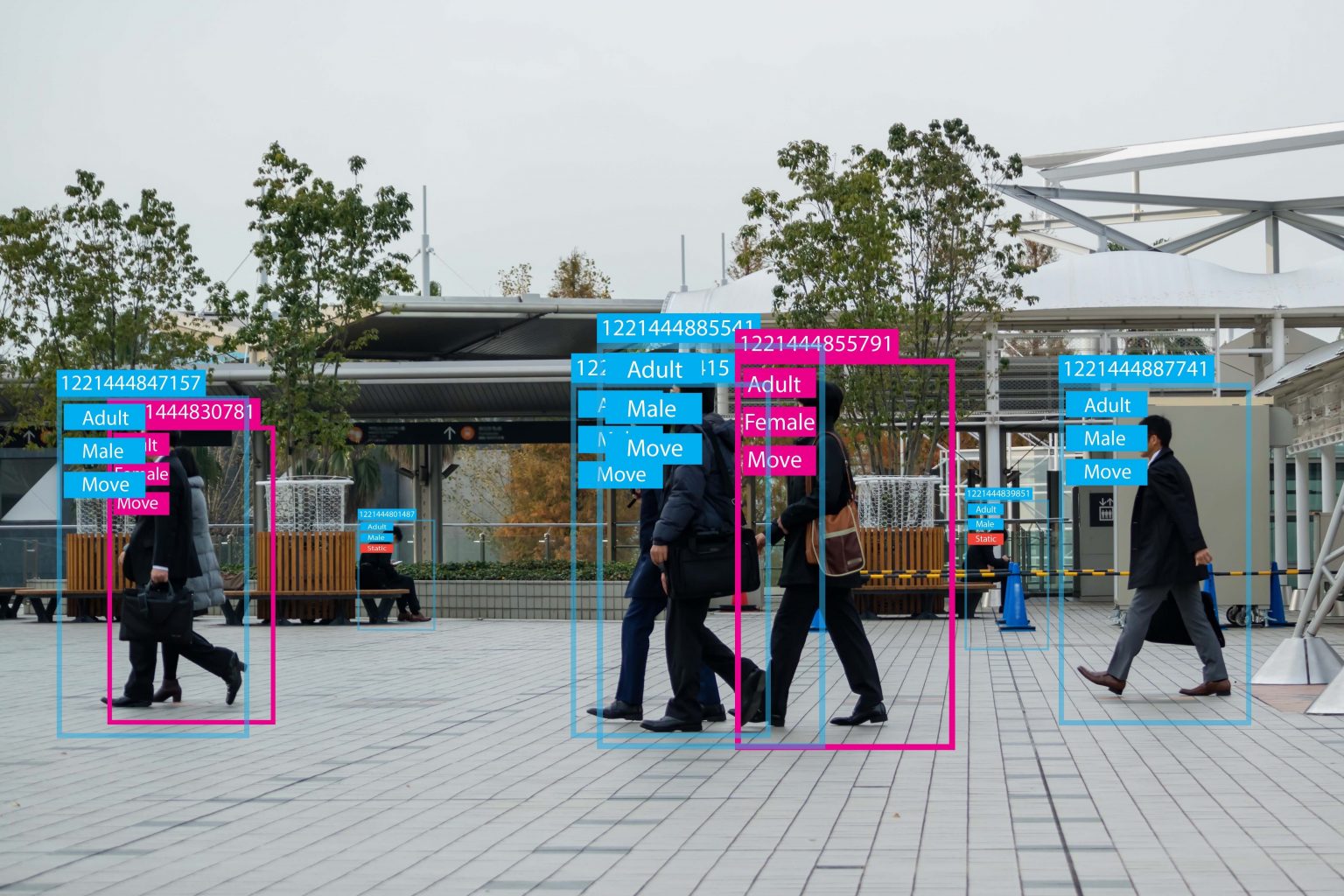Dall’ottimizzazione della gestione del traffico alla previsione dei consumi energetici, fino al miglioramento della logistica urbana, alla riduzione dell’impatto ambientale e alla gestione sicura dei dati, le città del futuro potranno superare importanti sfide grazie all’integrazione delle tecnologie quantistiche nelle infrastrutture urbane.
A guidare questa trasformazione c’è il CRS4 – il Centro di Ricerca, Sviluppo e Studi Superiori in Sardegna – protagonista del progetto DLAB | Cagliari Digital Lab, un’iniziativa promossa dal Ministero delle Imprese e del Made in Italy e da Invitalia, con il Comune di Cagliari come capofila.
Il contributo del CRS4
“Attraverso il proprio contributo nel progetto, il CRS4 – spiega Giacomo Cao, amministratore unico del Centro – si occupa di ricerca e sviluppo per l’ottimizzazione mediante calcolo quantistico di servizi urbani essenziali, quali la raccolta dei rifiuti e il trasporto pubblico locale. Inoltre, il CRS4 coordina il Laboratorio di Tecnologie Quantistiche, un polo d’innovazione dedicato ai temi della comunicazione, del calcolo numerico e ibrido, con l’obiettivo di accelerarne l’adozione in applicazioni pratiche.”
Il Quantum Computing
Il Quantum Computing è un paradigma di calcolo basato sui principi della meccanica quantistica. A differenza dei computer tradizionali, che utilizzano bit classici (0 o 1), i computer quantistici sfruttano i qubit, unità di informazione che possono esistere simultaneamente in più stati grazie al fenomeno della sovrapposizione. Grazie all’entanglement, è possibile eseguire calcoli estremamente complessi in tempi drasticamente ridotti rispetto ai sistemi convenzionali.
“Il Quantum Computing – sottolinea Giacomo Cao – è considerato una tecnologia rivoluzionaria, con applicazioni che spaziano dalla crittografia alla chimica computazionale, fino alla soluzione di numerosi problemi di ottimizzazione e all’intelligenza artificiale.”
Innovazione e sostenibilità per le smart city
Le smart city basate su tecnologie avanzate offrono numerosi vantaggi. “Innanzitutto l’ottimizzazione della mobilità urbana”, spiega Giuliana Siddi Moreau, ricercatrice del CRS4 esperta di tecnologie quantistiche. Grazie all’analisi avanzata dei dati e agli algoritmi di calcolo quantistico, è possibile ridurre il traffico, migliorare la viabilità e ottimizzare il trasporto pubblico.
Inoltre, l’adozione di sistemi intelligenti per la gestione dei rifiuti permette di ridurre l’impatto ambientale e migliorare l’efficienza logistica, mentre l’utilizzo dell’intelligenza artificiale per il monitoraggio e la previsione dei consumi energetici consente di ottimizzare la distribuzione dell’energia e favorire l’impiego di fonti rinnovabili.
“Inoltre, con l’ausilio della comunicazione quantistica – aggiunge Lidia Leoni, dirigente del settore Quantum e Calcolo ad Alte Prestazioni, Bioscienze e Studi Superiori del CRS4 – si possono sviluppare sistemi di crittografia avanzata per proteggere i dati sensibili dei cittadini. Con l’analisi predittiva, infine, è possibile progettare infrastrutture più resilienti e sostenibili, riducendo sprechi e migliorando la qualità della vita.”
Il calcolo quantistico per l’energia sostenibile
Il calcolo quantistico ha il potenziale di accelerare enormemente la ricerca in campo energetico sostenibile. “I computer quantistici potrebbero simulare nuove sostanze e materiali che migliorerebbero l’efficienza delle batterie o dei pannelli solari”, spiega Giacomo Cao. Ciò potrebbe tradursi in dispositivi energetici più duraturi ed efficienti, riducendo la dipendenza da fonti fossili e migliorando la sostenibilità complessiva.
Inoltre, la ricerca sui superconduttori a temperatura ambiente potrebbe essere accelerata dal calcolo quantistico, aprendo la strada a tecnologie avanzate, quali reti elettriche senza perdite e motori più potenti ed efficienti.
Contributo del CRS4 nel progetto DLAB
Nell’ambito del progetto DLAB, il CRS4 contribuisce con quattro attività chiave:
- DP4Lab – Digital Platform for Lab: una piattaforma che raccoglie e analizza dati georeferenziati e serie temporali per fornire strumenti avanzati di archiviazione e visualizzazione, supportando applicazioni in mobilità, energia, turismo e smart city.
- Urban Discovery Tool (UDT): una suite di strumenti per la pianificazione urbana e la navigazione all’interno della città di Cagliari, con un focus su green mobility e turismo sostenibile.
- Un sistema basato su machine learning per l’analisi e la previsione dei consumi energetici domestici, contribuendo all’ottimizzazione delle risorse.
- Il Laboratorio di Tecnologie Quantistiche, uno spazio dedicato al trasferimento tecnologico e alla formazione, volto a promuovere lo sviluppo di nuovi servizi e idee imprenditoriali.
Per ulteriori informazioni sul progetto DLAB e sulle attività del CRS4, visita il sito ufficiale:
www.cagliaridlab.it

